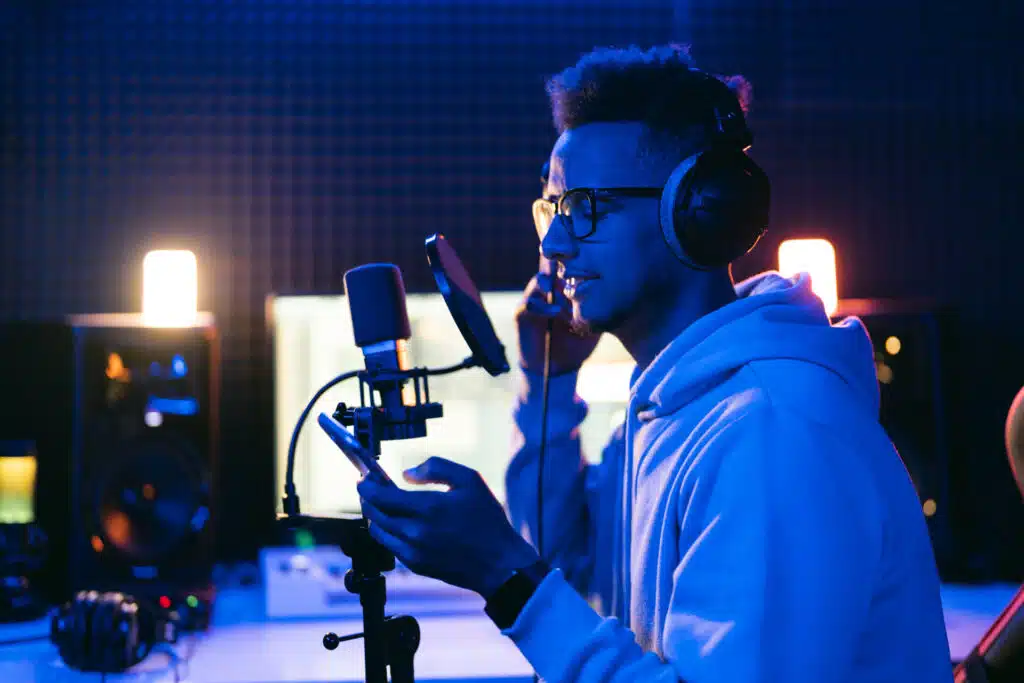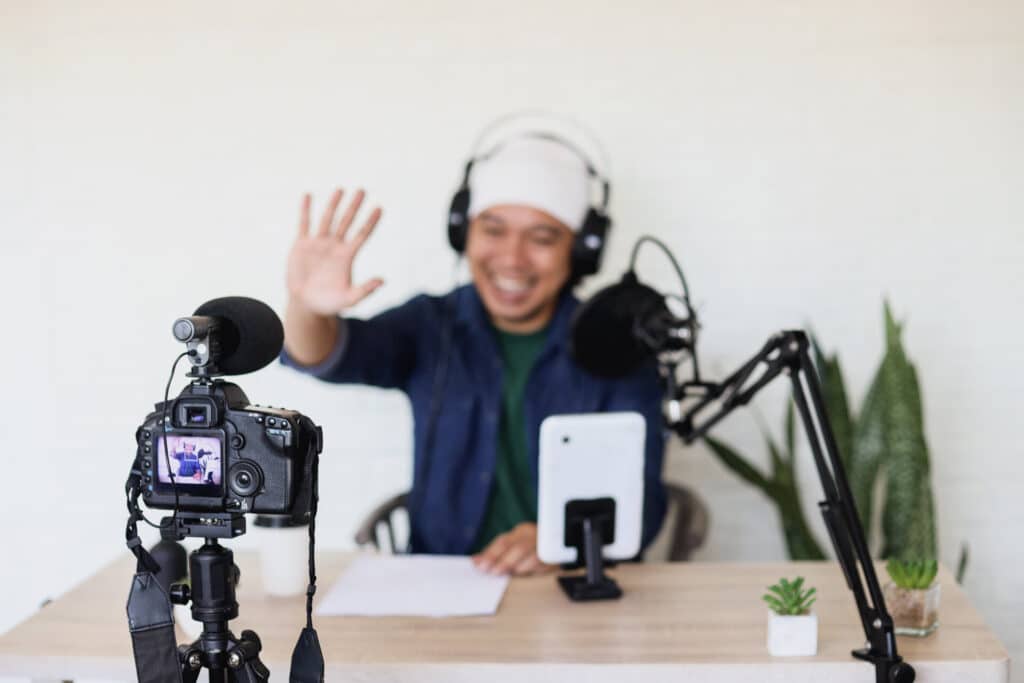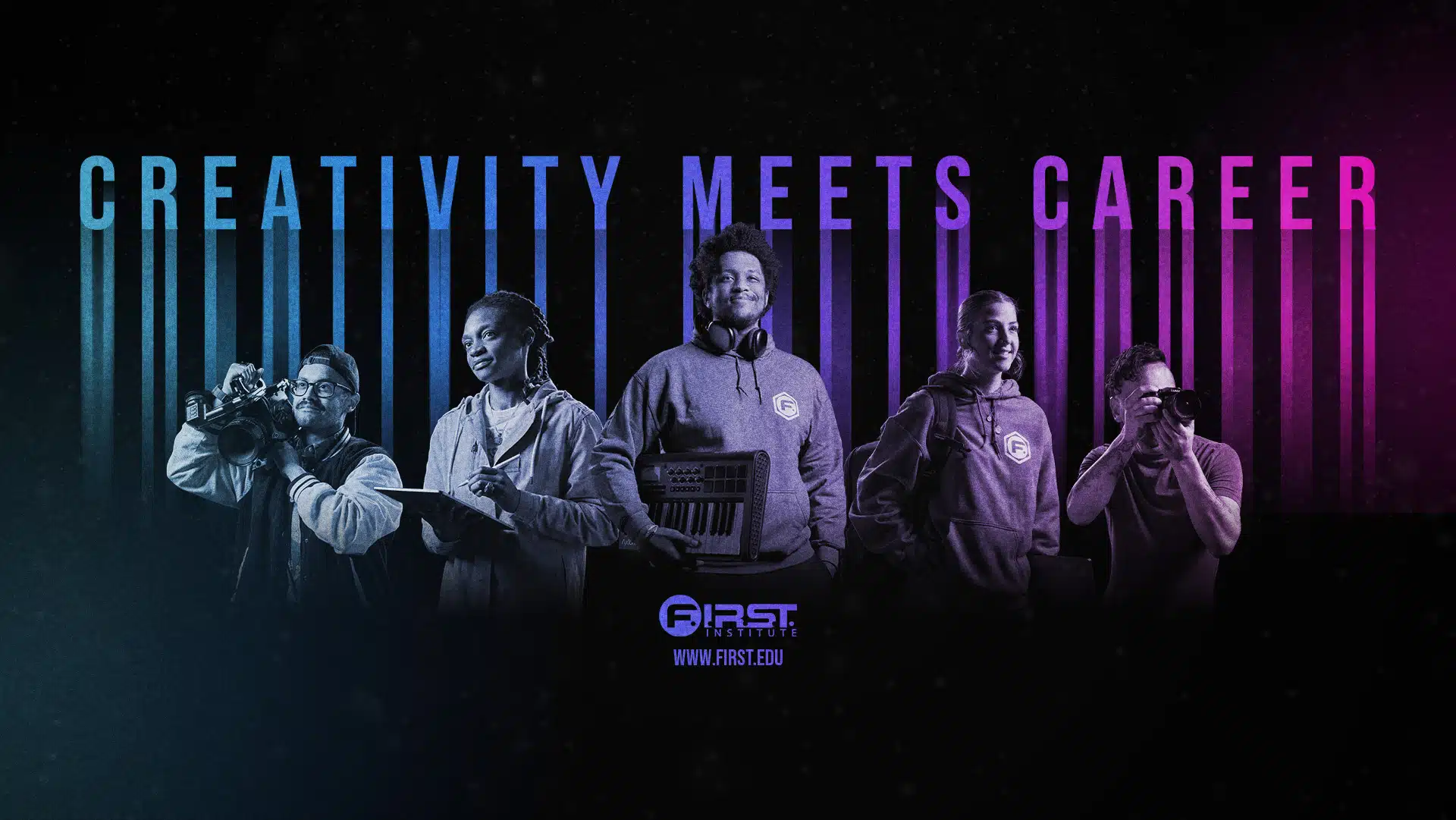You’ve got the tracks, but how do you turn that into cash? The music industry is worth a staggering $31.2 billion, and the good news is, it’s easier than ever for emerging artists like you and me to get a slice of that pie. So, let’s delve into the world of music marketing, discussing how to promote your music, grow your fanbase, and start making some serious money.
Prerequisites
Before we even think about conquering the music industry, there’s something crucial to address – yourself. Success in music doesn’t typically happen overnight. In reality, 99.9% of those who have made it in the music industry did so over a long period of time. Think of it as a marathon, not a sprint. You don’t want to burn out just when your career is gaining momentum.
Be Visible
Now let’s get to the heart of music marketing. Presently, the big three platforms for reaching new listeners are Spotify, YouTube, and TikTok. These platforms not only help existing listeners discover artists they love but also introduce them to new artists who align with their tastes. TikTok is excellent for reaching new listeners, but YouTube and Spotify are where artists, producers, and musicians retain the most attention from their audiences.
Launching a Single
One significant trend to consider is the dominance of singles. The way streaming platforms are structured, it often doesn’t make sense to release full-length albums unless you’re a major recording artist or have a strong existing fan base. According to a Time magazine study in 2022, single-track listening accounts for 46% of total listening time across all demographics, while playlists account for 31%, and albums only 22%.
So, if you’ve just recorded, mixed, and mastered your next big release, hold on before you rush to upload it to all streaming platforms. The first step is to establish a marketing strategy. Start by ensuring your social media profiles and YouTube channels are fleshed out, as these will play a crucial role in your strategy. Fill out all the necessary information, such as your bio, links, and profile picture. You don’t have to be active on every social platform, but I recommend at least focusing on Instagram, TikTok, and YouTube.
9-Week Promotion Strategy
Assuming you have a killer song, a basic social media presence, and you’re ready to launch, I suggest implementing a 9-week promotion strategy. Each week is designed to draw attention to your song with different pieces of content that directly encourage your audience to listen to your music. Note that only weeks 1, 3, 5, 7, and 9 are highlighted here. That doesn’t mean you shouldn’t post content on social media regularly during this time. You should actively engage with your audience daily, if possible. The posts outside of this strategy are for sharing personal aspects of your brand; not everything has to revolve around your new single.
Week 1:
Release your single on streaming platforms and promote it on your social media channels. A simple post with your cover art and a snippet of the audio will suffice. However that’s not to say you can’t get creative and do something different, this is just the most straightforward option. Include a direct link for easy access to your song… you want to make it easy for people to get your content. Engage with those actively commenting, as this strategy focuses on building rapport with your audience and showing social media algorithms that you’re active on the platform. The more active you are on social media the more likely it is that your account and content will be recommended to new users.
Week 3:
Release a lyric video on social media and YouTube. Lyric videos are a great way for your audience to re-engage with your song. This creates a deeper connection with your new fans, and this content often reaches people similar to those who engaged with your initial release.
Week 5:
Release a music video on YouTube. Music videos showcase your artistic vision and allow listeners to experience your content in a fresh new way. On YouTube, consistency is key. When YouTube sees you’re active, posting consistently, and people are engaging with your content, it will keep those users notified whenever you post new content. Like social media, YouTube will also begin recommending you to other users like them.
Week 7:
Release an alternate version of your song, such as a sped-up, slowed-down, or remixed version with another artist. Collaborations like this can expose your talent to new fan bases and benefit from your collaborator’s growth. Aside from the personal relationships developed from these interactions, when the algorithms notice accounts working in tandem or interacting a lot with each other, they start to understand the similarities and begin expanding their reach.
Week 9:
Start gearing up for your next single. After providing your audience with ample content related to your first release, it’s time to rinse and repeat. Contrary to what some may think, you don’t need to drop a song every week to please the algorithms. Quality music that authentically represents you and your brand is what counts. Authenticity always wins in music, as people connect with artists for who they are as much as for their music. This strategy will work better as you continue to grow and release more music. You will learn what type of content resonates best with your audience and your workflow will become second nature.
Other Marketing Tactics
Live Shows
Live shows are fundamental to music promotion. Engaging with your audience in person creates memorable experiences and fosters strong connections. Consider performing at local venues, hosting virtual concerts, or opening for established artists. Make each show an unforgettable event, interact with fans, and offer exclusive merchandise or music releases to boost excitement and engagement.
Partnerships/Collaborations
Partnerships and collaborations can significantly boost your music’s exposure. Collaborate with fellow musicians, producers, or visual artists to tap into each other’s fan bases. Joint music releases, remix collaborations, or co-hosted events are great ways to introduce your work to new audiences. Collaborating with influencers, brands, or content creators can also expand your reach beyond traditional music circles, offering diverse avenues for discovery.
Content Marketing
Content marketing is about creating valuable, shareable content that resonates with your target audience. Go beyond music releases and share behind-the-scenes insights, production stories, and personal experiences. Utilize blogs, videos, social media posts, and more to forge deeper connections between you and your audience. Consistency is key, so establish a content calendar to maintain engagement and keep your audience eagerly anticipating your next move.
Podcasts & Blogs
Podcasts and blogs offer platforms for in-depth discussions and analyses of your music. Seek out podcasts and blogs relevant to your genre and style, and pitch yourself as a guest or interviewee. Sharing your creative process, inspirations, and challenges humanizes your brand and provides fans with a deeper understanding of your music. Engaging in these conversations can pique the interest of both existing fans and potential listeners.
Email Marketing
Email marketing remains a powerful tool for direct communication with your audience. Collect emails from fans at shows, on your website, and through social media. Send regular newsletters with updates on upcoming releases, shows, and exclusive content. Personalize your emails to make your subscribers feel valued, and consider offering incentives like early access to new tracks or special discounts on merchandise.
The Ultimate Music Marketing Hack
Finally, my favorite music marketing hack: after successfully implementing this 9-week release strategy for 2 or 3 singles and seeing some growth on social media and streaming platforms, you can confidently introduce a paid promotion strategy. Many people rush into paid promotion, but without a solid organic strategy, you’ll likely spend more money for worse results.
If you’ve already built some organic activity, you can utilize lookalike campaigns on social media. In simple terms, these campaigns target users who are most similar to those already engaging with your content. This way, you’re spending your ad dollars only on users most likely to become your fans, making your budget go further.
By implementing this 9-week strategy, maintaining a robust content creation schedule, practicing other marketing strategies mentioned in this post, and adding this paid promotion hack, you’ll be well on your way to building a solid fan base and getting your music heard by more listeners than you can handle.
Success in the music industry demands a blend of talent, dedication, and strategic thinking. We hope you’ve found these insights valuable and inspiring on your musical journey.
If you’re seeking additional guidance in your creative career, consider checking out F.I.R.S.T. Institute. Our Recording Arts & Show Production program equips students with everything they need to kickstart incredible music careers in less than a year. To learn more, we invite you to take a personalized tour and see first how F.I.R.S.T. can help you turn your creativity into a career.






